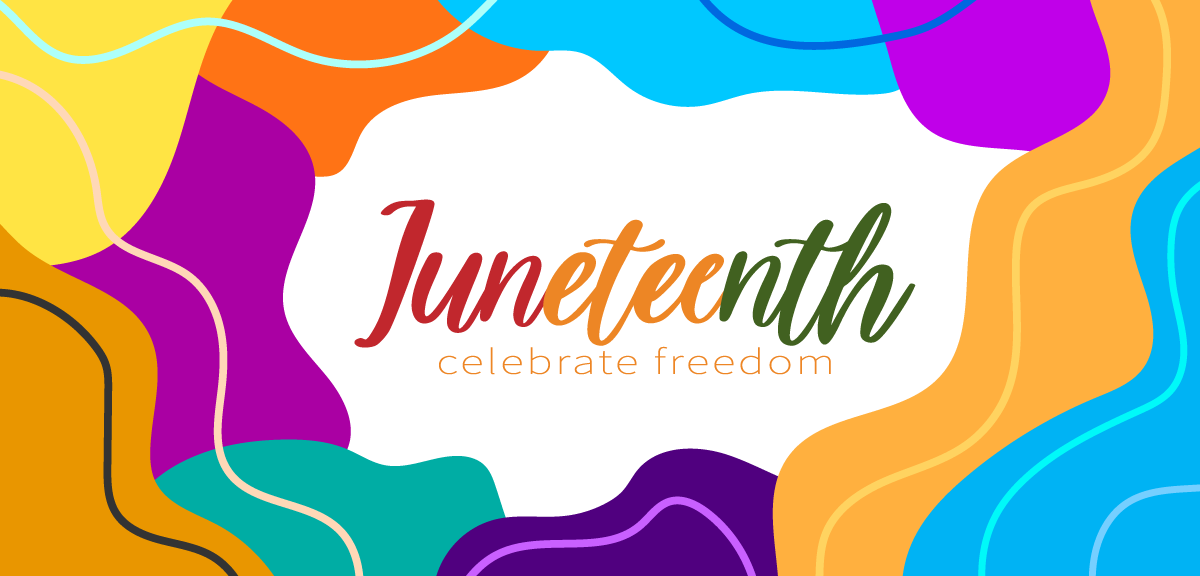Juneteenth is a holiday celebrated on June 19th each year to commemorate the end of slavery in the United States. It originated in Galveston, Texas in 1865, two and a half years after President Abraham Lincoln signed the Emancipation Proclamation. On that day, Union General Gordon Granger arrived in Galveston and announced that all enslaved people were now free. This announcement, along with the arrival of Union troops to enforce the proclamation, led to the liberation of approximately 250,000 enslaved people throughout Texas. Over time, Juneteenth celebrations spread to other parts of the United States as a symbol of freedom, a celebration of African American history and culture, and a reminder of the ongoing struggle for civil rights and equality.
The significance of Juneteenth lies in its powerful symbolism for African Americans. As a celebration of freedom, it represents the end of slavery and the beginning of a new era in American history. Juneteenth also highlights the ongoing struggle for civil rights and equality, reminding us that the fight for justice is far from over. The day serves as a reminder of the resilience of African American culture and community, and the continuing importance of recognizing the contributions of all Americans to the country’s progress and prosperity. For African Americans, Juneteenth is a source of pride, solidarity, and inspiration.
Juneteenth is not just a celebration of the end of slavery in the United States, but it also serves as a reminder of the ongoing struggle for civil rights and equality. African Americans have faced systemic racism and discrimination for generations, and Juneteenth serves as a symbol of their resilience and perseverance in the face of adversity. The fight for racial justice and equality is far from over, and Juneteenth serves as a call to action to continue fighting for a more just and equitable society. Without recognizing the significance of Juneteenth, we risk forgetting the struggles of the past and failing to move forward towards a better future.
Today, Juneteenth is celebrated in numerous ways, including parades, festivals, and gatherings with friends and family. These celebrations often include food, music, and dancing. Many African American communities also use the occasion to educate others about the history and significance of Juneteenth, as well as the ongoing struggle for civil rights. The continued celebration of Juneteenth serves as a powerful reminder of the progress that has been made and the work that still needs to be done in the fight for equality and justice.
In summary, Juneteenth represents an important milestone in the history of African Americans. It serves as a reminder of the strength and resilience of a people who have overcome unimaginable challenges and adversity. The holiday holds particular significance in these times when there is a growing awareness of the need for greater equality and justice for all Americans. It is a time to reflect on the events of the past and consider the path forward, to honor our ancestors and their struggles, and to celebrate the progress we have made while acknowledging that there is still work to be done. Ultimately, Juneteenth is a celebration of freedom, a celebration of the human spirit, and a testament to the power of hope and perseverance in the face of adversity.
'On this day of Juneteenth, I think about freedom, I think about justice as a black person in this country having to endure, sometimes daily oppression, racism—and not only walk through that, but walk through that with people that I love, family members, friends, patients.'
Dr. Amber Glenn Tweet
Dr. Amber Glenn celebrates Juneteenth, and encourages her readers to learn about the history and emphasizes its significance to her, her patients, and her community. Dr. Glenn recommends reading Tricia Hersey’s book, “Rest is Resistance,” which focuses on embracing rest as a form of resistance, especially for mental health. She expresses gratitude for the opportunity to prioritize her well-being as a Black woman in a society that can be challenging. Additionally, Dr. Glenn shares a personal milestone of graduating from OBGYN residency on Juneteenth and highlights the importance of Black physicians caring for underserved communities of color.
Book Recommendation:
Rest is Resistance: A Manifesto
By Tricia Hersey
'Our liberation is deeply connected to the portal of healing we can tap into when we rest. Wherever our bodies are, we can find rest, ease and liberation. Part of our decolonizing resides in deprogramming from our brainwashing about rest as our divine right.'
Tricia Hersey Tweet

Dr. Amber Glenn is an exceptionally skilled and compassionate physician dedicated to serving the community of Smyrna, Georgia and surrounding areas. With her extensive knowledge and expertise in Obstetrics & Gynecology, she has become a trusted name in the field. Amber’s commitment to delivering high-quality care is evident through her more than 7 years of experience, which has allowed her to develop a deep understanding of the unique needs and concerns of her patients.

